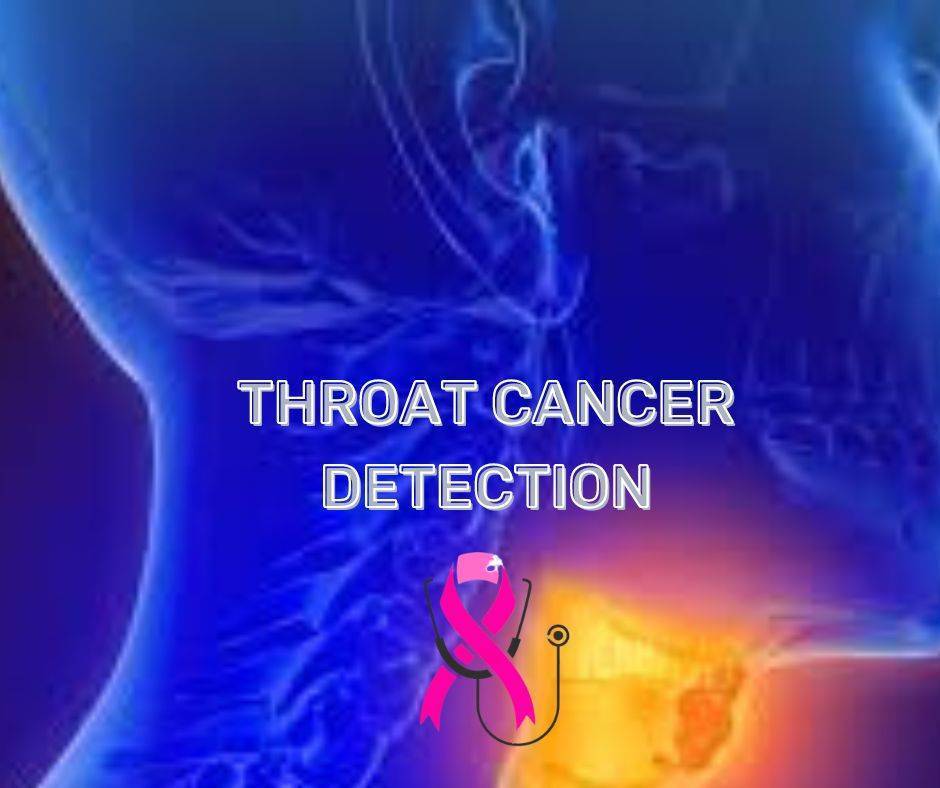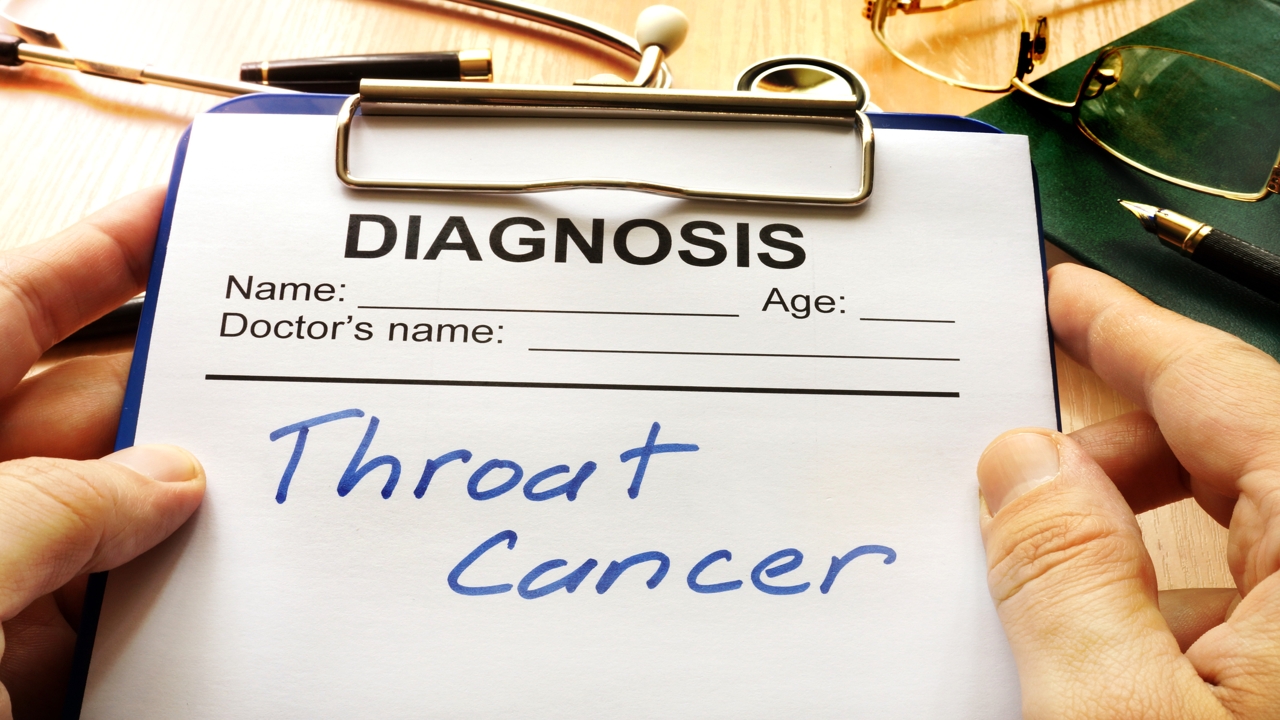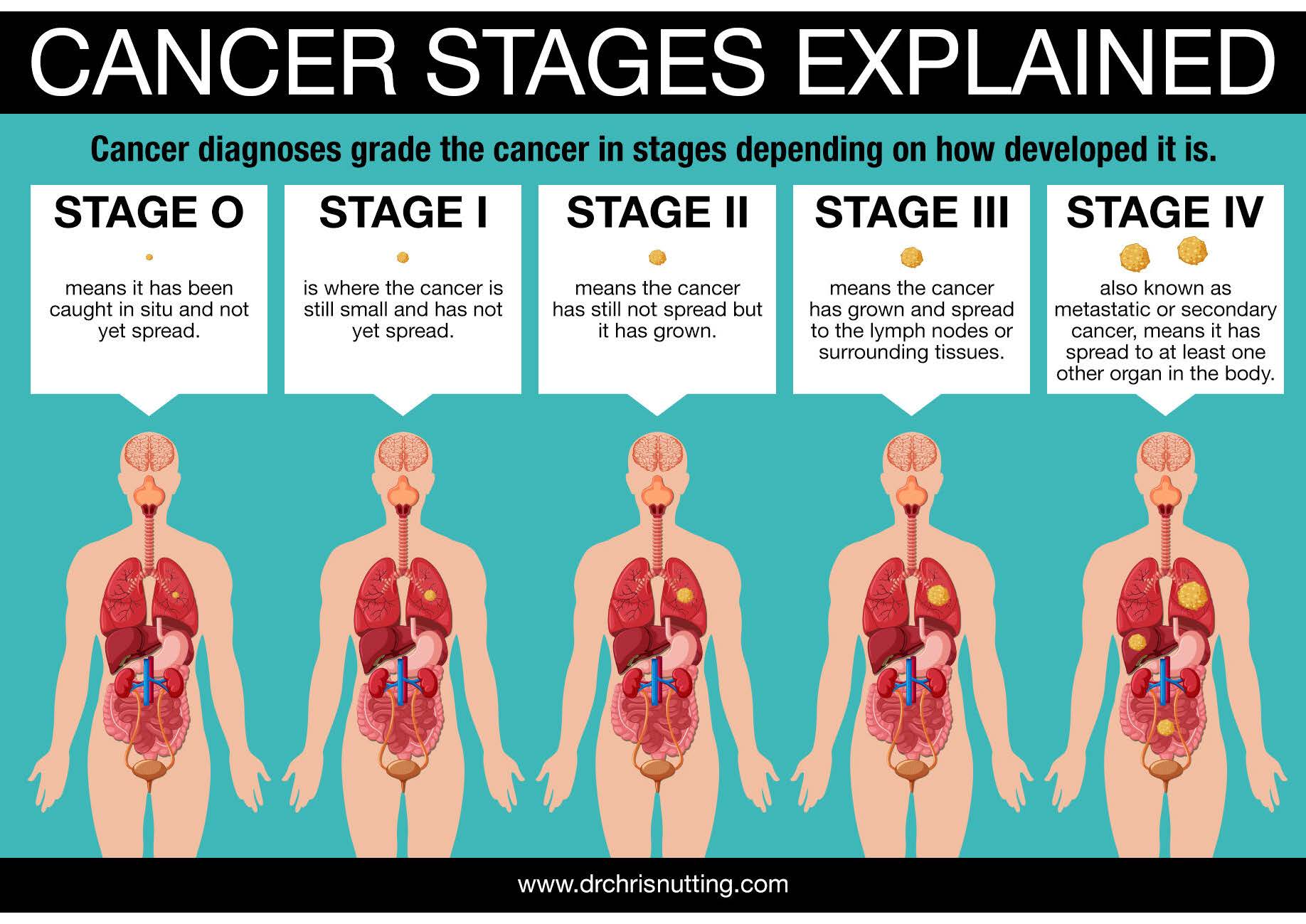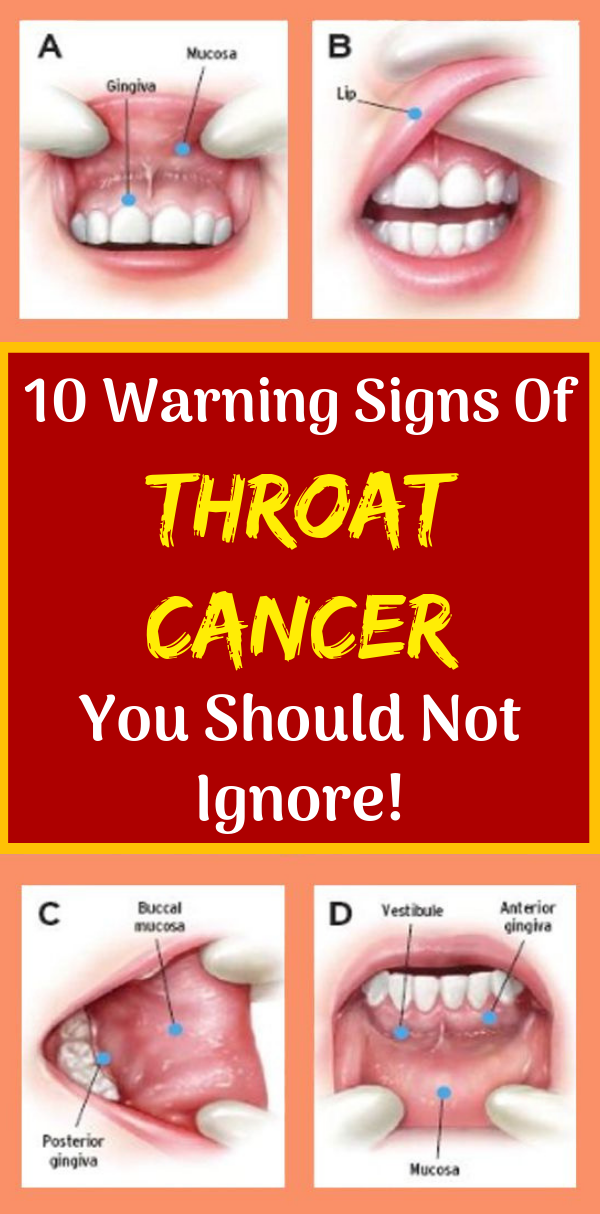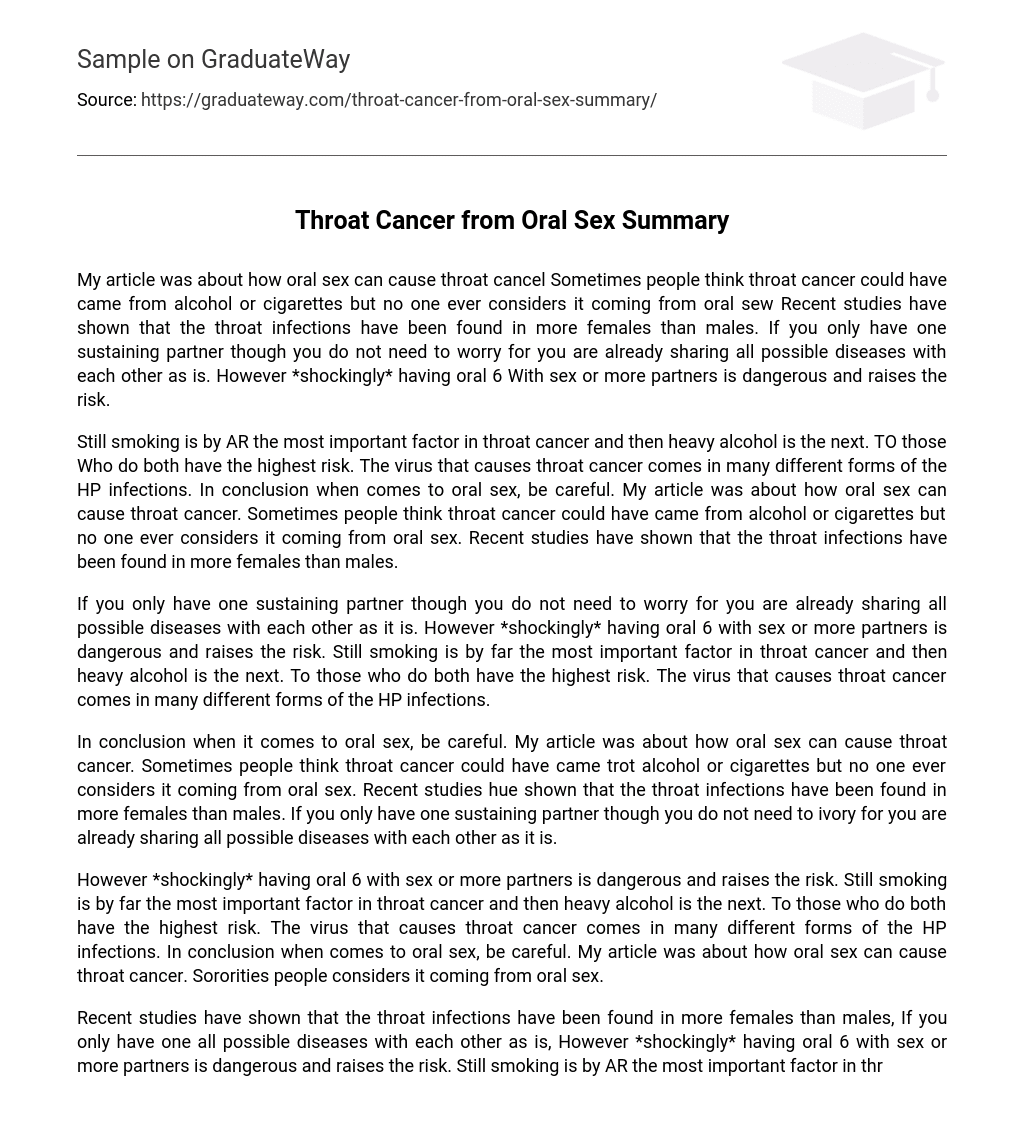Here’s A Quick Way To Solve A Info About How To Survive Throat Cancer

As a general rule, you should see a doctor about any worrisome symptoms that don’t resolve on their own within two or three weeks.
How to survive throat cancer. Some hospitals rely more on surgery, while others treat primarily with radiation therapy. Ask your doctor for a survivorship care plan. The stage of throat cancer is one of the most.
A change in your voice. Healthcare providers typically use surgery to. There is no way to completely prevent laryngeal or hypopharyngeal cancer.
Cancer research has progressed rapidly in the last few years. Throat cancer signs and symptoms. Designing an individualized treatment plan for throat cancer begins with the stage, or progression, of the disease.
The stage describes how widespread or advanced the cancer is. There's no way to prevent throat cancer, but you can lower your risk by not smoking, drinking only in moderation if at all, and protecting yourself from hpv infection. Survival statistics are available for each stage of laryngeal cancer in england.
Regularly drinking large amounts of alcohol. Survival for throat cancers depends on the type of cancer as well as the stage and location of the cancer. Having these symptoms does not mean you have throat cancer, but it is.
Throat cancer refers cancer that develops in your throat (pharynx) or voice box (larynx). But see a doctor much sooner. Early signs of throat cancer include vocal changes and difficulty swallowing.
The good, the bad and the ugly of treatment. Hpv infection, cigarette smoking, alcoholism, and asbestos exposure are risk factors for throat cancer. Your throat is a muscular tube that begins behind your nose and ends in your neck.
Usually, people who have throat cancer have cancer in their larynx (voice box) or their oropharynx (the middle part of their throat). Get information about specific cancer types. Survival rates can give you an idea of what percentage of people with the same type.
Your doctor will tell you what stage of throat cancer you have as part of the diagnosis process. Download section as pdf. The figures below are for men with laryngeal cancer.
That depends on where you go for treatment. Answer a few quick questions to get customised content and support for you. Having family members (such as a parent, brother, sister or child) who have had laryngeal cancer.


